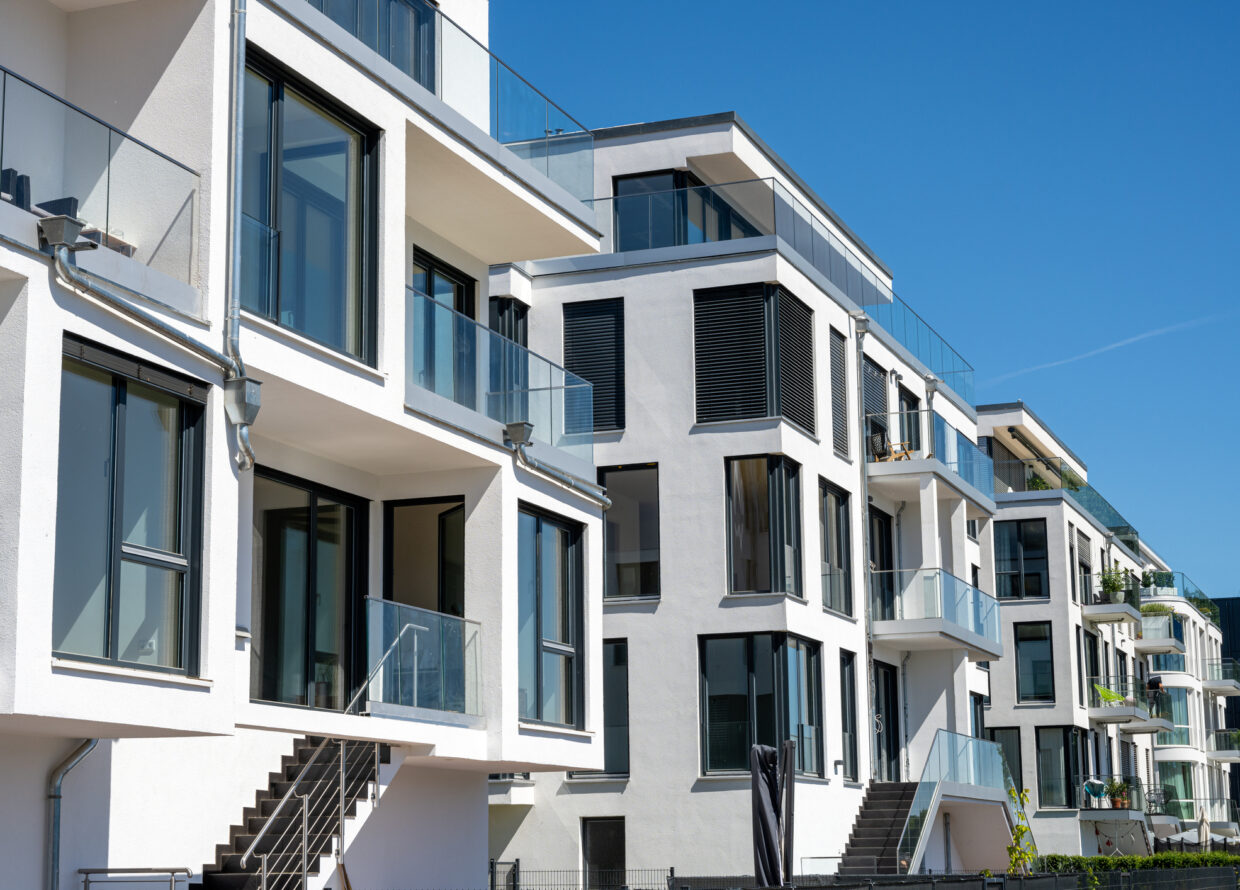Steering the Intricate Landscape of Compliance Standards for Cyber Security in Multi-Unit Units to Guarantee Resident Security and Data Safeguarding
Wiki Article
Within today's society, many people live in multi-unit buildings, including apartment buildings and condominiums. Such locations often utilize shared infrastructures for online and other services. While this setup can be beneficial, it also raises significant questions about network safety and compliance standards. Guaranteeing the safety of residents and safeguarding their information is essential. This article will explore the complex environment of regulatory standards for network safety in multi-dwelling units, emphasizing how these standards assist keep tenants secure and secure.
One of the primary regulatory standards that apply to system safety is the General Data Protection Regulation (GDPR). This regulation is designed to safeguard personal data and confidentiality for persons inside the EU Union. Although it mainly pertains to companies functioning in Europe, its tenets can influence practices in different areas as well. For multi-unit buildings, complying to GDPR means implementing robust information protection protocols. This entails ensuring that tenants' individual data is gathered, stored, and handled securely. By following these guidelines, property managers can help build confidence with tenants and guarantee their information is safe from unauthorized access.

A further important guideline is the Healthcare Coverage Portability and Accountability Law (HIPAA), which protects sensitive healthcare data in the medical industry. In multi-unit units, especially those that offer medical services or have tenants with particular health needs, adherence with HIPAA is essential. This means that any health-related Learn More information gathered from tenants must be kept confidential and secure. Property administrators must make sure that their network systems are configured to avoid data breaches and illicit intrusion. By doing so, they not only comply with regulatory obligations but also promote a secure residential space for all residents.
In addition to GDPR and HIPAA, the Credit Card Payment Industry Information Protection Guidelines (PCI DSS) is another vital regulatory guideline. This standard is particularly important for multi-unit buildings that accept credit card payments for rent or amenities. PCI DSS outlines security protocols that must be in place to protect customer information. This includes encrypting sensitive information and frequently reviewing system safety. By following PCI DSS guidelines, property administrators can minimize the risk of data leaks and safeguard tenants' monetary information, which is vital for maintaining their confidence and security.
Finally, it is essential for multi-dwelling buildings to stay updated on regional and federal laws regarding system safety. Regulations and standards can change, and staying aware is essential for compliance. Building administrators should regularly assess their safety policies and procedures to make sure they comply with up-to-date requirements. This preventive approach not only assists in upholding adherence but also improves the general safety of the system. By focusing on tenant safety and data protection, multi-dwelling units can establish a secure living space that encourages confidence and reassurance among tenants.
In conclusion, navigating the intricate landscape of compliance guidelines for system security in multi-unit units is essential for ensuring resident safety and data protection. By understanding and implementing guidelines like GDPR, HIPAA, and PCI DSS, property managers can create a safe environment for their tenants. Remaining updated about regional laws and frequently assessing safety protocols further enhances this commitment to safety. Ultimately, a robust emphasis on adherence not only protects residents but also builds a sense of community and trust within multi-dwelling units.